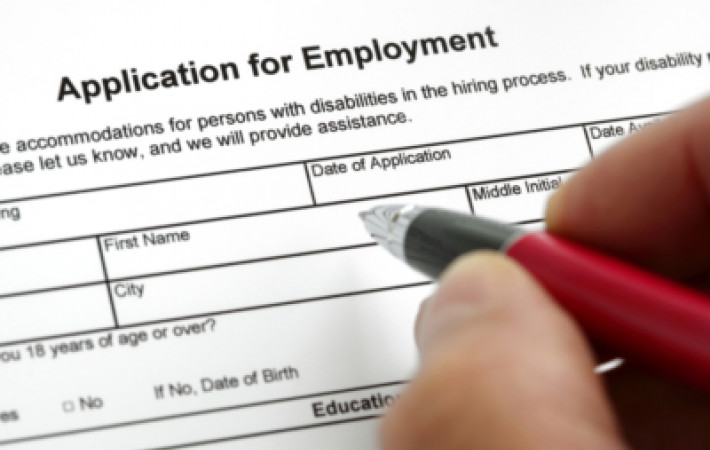
Whilst many experience inevitable frustration during or when looking for employment, veterans can be particularly vulnerable to stress, anxiety and isolation while finding a suitable post-military career and adapting to a new work environment.
The process of leaving the Armed Forces for military personnel can be a daunting one, regardless of their length of prior service. Whether their service comes to a natural end or is caused by a medical discharge, family obligations or unforeseen circumstances, it is essential to be as prepared as possible for the transition from soldier to civilian.
Whilst individuals receive tailored support when leaving the military, it may be difficult to fully prepare for the complicated effects of change and the differences within civilian life. After experiencing a very structured lifestyle in the forces, the transition of entering a comparatively quieter existence can impact in many ways and should be properly managed.
Though transitional changes are unique to individuals, and vary from person to person, veterans may face challenges reintegrating back into a family dynamic, handling finances after a medical discharge, adapting to a military injury, recognising mental health problems or finding suitable employment prospects.
When transferring valuable skills to the civilian workplace and bringing new qualities into a job role, it is typical for ex-forces members to feel unfulfilled, frustrated and alienated. Life after the forces and the transition from service to civilian employment can present a range of common experiences such as:
A sense of triviality and pointlessness in a new job role
Difficulty adjusting to new rules and a new structure
A lack of understanding from colleagues, supervisors, family and friends
The loss of teamwork or cohesion found during service
Feelings of irritability towards the efficiency of co-workers
Trouble concentrating, easy distractions and feeling on edge
Work can be a source of stress from days to years after leaving the military, whether that’s seeming stuck in a position, conflicting with colleagues, struggling to face deadlines or underestimating financial impacts. But stress can also lead to anxiety, depression, social withdrawal and isolation. If stress is disruptive in day to day life and interferes with productivity, it is important to find effective ways to cope.
When this is difficult to tackle independently, military charities such as Combat Stress offer support to former Armed Forces members, families and carers, with a 24-hour helpline providing confidential advice as well as therapeutic and clinical treatment programmes.
Rather than making a major change, it can be helpful to focus on small and manageable options, such as taking necessary breaks, focussing on tasks one at a time, sticking to healthy sleep patterns and reaching out to others. But knowing to some extent what to expect and considering others’ experiences may be the first step to recognising and accepting a new way of life.
If you have been affected by the legal issues surrounding military or post-military life, our dedicated lawyers are here to guide you through your available options. Get in touch with our team to see how we can help, by emailing MilitaryEnquiries@wilkinchapman.co.uk outside of office hours, or calling our freephone number 0800 046 2567 on weekdays between 9am and 5pm.
Please note this article has been provided as information only and should not be regarded as specific advice to your needs.